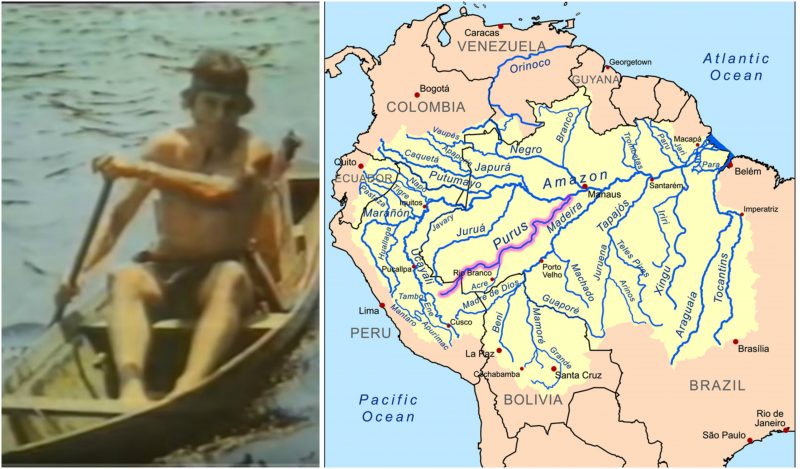To many the name of the lost underground ancient city of Akakor and the mysterious tribe Ugha Mongulala that once thieved in the region seems familiar; this is precisely because Hollywood had created the last Indiana Jones based on the story surrounding the claims of Akakor.
Ever since the name of the underground city surfaced in the academic circles, it has been shrouded with mystery and wide suspicions. The reason being no historic accounts of any sorts available to support the claim of its existence, and no mythological writings from the era and regions mention anything even remotely associated with the city or its supposed inhabitants.
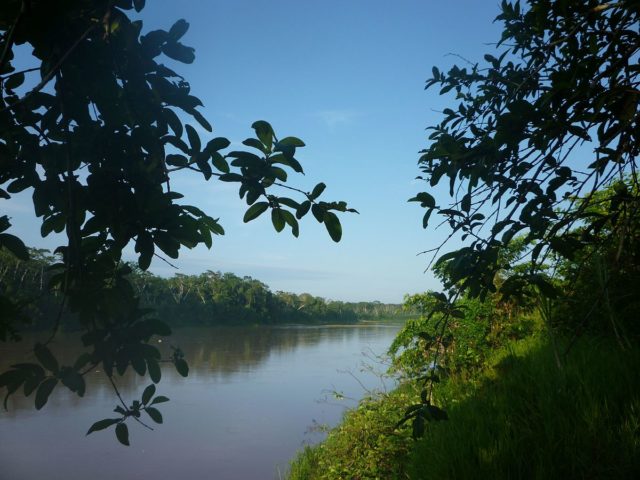
The question then comes; why on earth people have believed in it, and how the hell it ended up in an Indiana Jones movie?
Well, the answer to this question is rather simple but also unfortunate, the search for the city cost archaeologists their lives who were only there to separate the fact from the fiction.
The whole affair starts with one man and one man alone; his name was Tatunca Nara who first mentioned the name of the ‘lost city’ and its tribe Ugha Mongulala. He also claimed that he belongs to the same tribes, much like other Native Americans who have descended from ancient tribes; and that he possesses exclusive and profound knowledge that once took the tribe to the heights of civilization and spirituality.
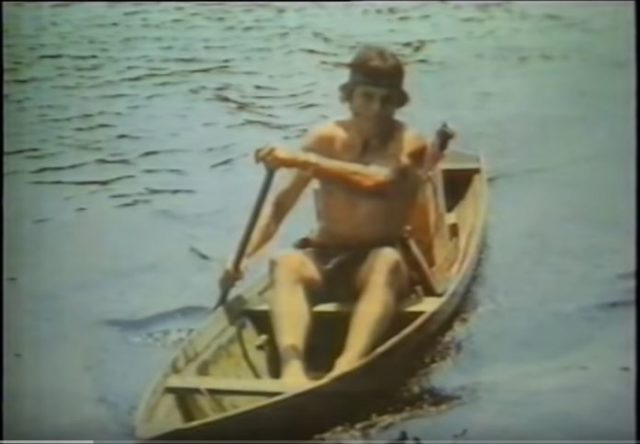
Nara claimed that his knowledge not only spans over the rituals and community of Ugha Mongulala, he also knew the precise location of the lost city of Akakor.
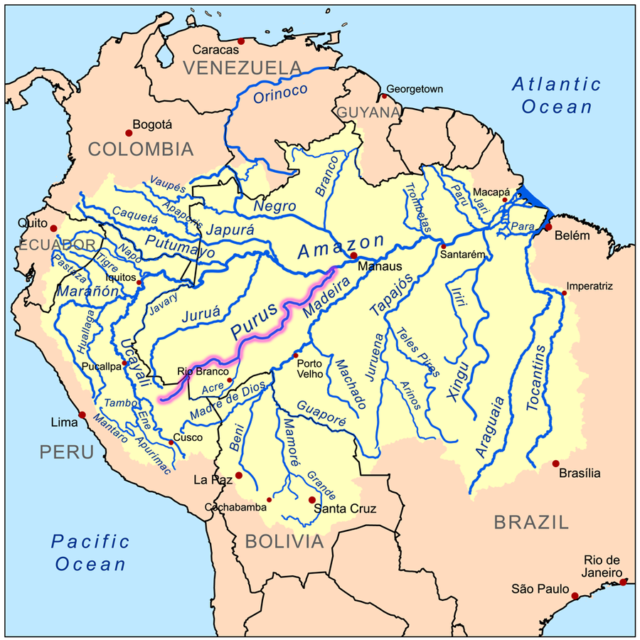
His outrageous claims and apparent certainty forced few explorers and archaeologists to buy his narrative and make their way to the actual site in order to find out the truth about the claims. Starting in the 70s Nara took a number of archaeologists on the journey to find the lost city, three of whom perished. Nara denied any involvement in the murders of the archaeologists and maintained that he was not with them when they got lost and later got killed.
A German photographer Karl Brugger brought the story of Akakor to the public’s attention in the 70s after having met the so-called descendent of Ugha tribe. After realizing the enthusiasm of Brugger in the search of lost cities and cultures Nara made up an elaborated story about a lost South American city and its tribes and promised Brugger to take him to the site.
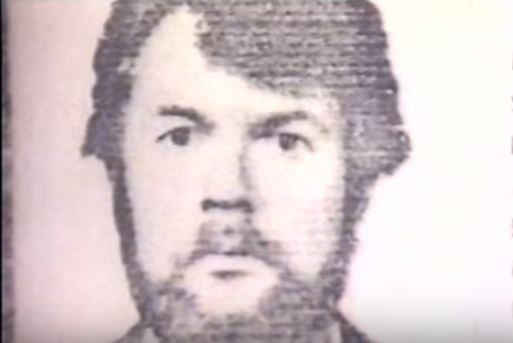
Upon their subsequent meetings, Nara slowly built up on his made up narrative and told Brugger about the customs and beliefs of the Ugha Mogulala people.
He told Brugger that his ancient ancestors were chosen by the gods for a very divine job; they were appointed by the gods to be the record-keepers of the earth and were given special powers. Nara added to his narrative that gods later entrusted them with heavenly stones, which they extensively used to see any location on earth and analyze the positions of the celestial bodies.
In the great temple at the site of the Akakor, Nara told Brugger, there still are mummified bodies of 4 gods who remained behind after all the other gods left Earth after leaving matters in the hands of Ugha Mogulala people.
This was no unique affair in the life of an archaeologist, since many local guides claim such bizarre stories to buy a few more days with the explorer and earn a few extra bucks. However it takes only a simple trip to the site to find out how true or false the claims are, and that is what explorers did in this case.
The story itself seems pretty harmless, but in the 80’s Nara starting taking more people in the mountains to show them the city and people started missing and then dying. The first victim was a Swiss explorer Herbert Warner, who made the trip and never came back; Nara took the usual stance that he was not with Warner when he made the trip.
The story got bloodier when Brugger himself decided to make the trip to put the case of Akakor to rest once and for all; but he was shot at the beach while preparing his journey and Nara again denied any involvement in the matter.
